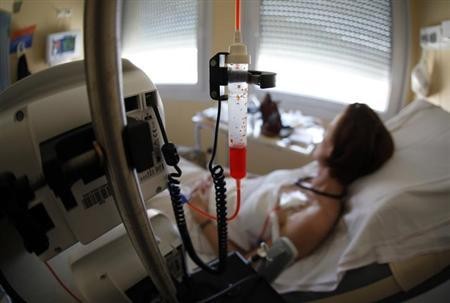After introducing provincial-level medical insurance programs, the assistance that aims to help financially challenged individuals will now be expanded, covering the whole of China before the end of this year.
The announcement comes after the executive meeting of the State Council, China's cabinet, on July 22.
The expanded medical insurance will be of help to low-income residents who have critical illnesses such as cancer.
During the meeting presided by Premier Li Keqiang, the cabinet said that the assistance will "cover all the subscribers to the urban and rural resident basic medical insurance as of the end of 2015."
For the State Council, such program "marks a major innovation of the ongoing medical reform," as it combines commercial insurance with social security.
The council also shared that funds for the insurance will come from the new rural cooperative medical system and from the urban residents' basic medical insurance.
The insurance will be run by government-chosen commercial insurance agencies. These firms will be selected via bidding.
According to the recent meeting, the new insurance system is expected to be nearly perfected in 2017.
Among the over 70 million impoverished populace in China, more than 10 million are suffering from a major or chronic disease, Liu Yongfu, State Council Leading Group Office of Poverty Alleviation and Development of China head, stated.
In an interview with China Economic Net, Liu also shared that the country's poverty-elimination efforts have turned its focus to serious diseases that cause poverty.
In 2010, China piloted a medical reform on public medical institutions in 17 key cities. In May, it also issued a guideline directing that the said reform shall cover all of the country's 6,800 public hospitals in two years' time.






















